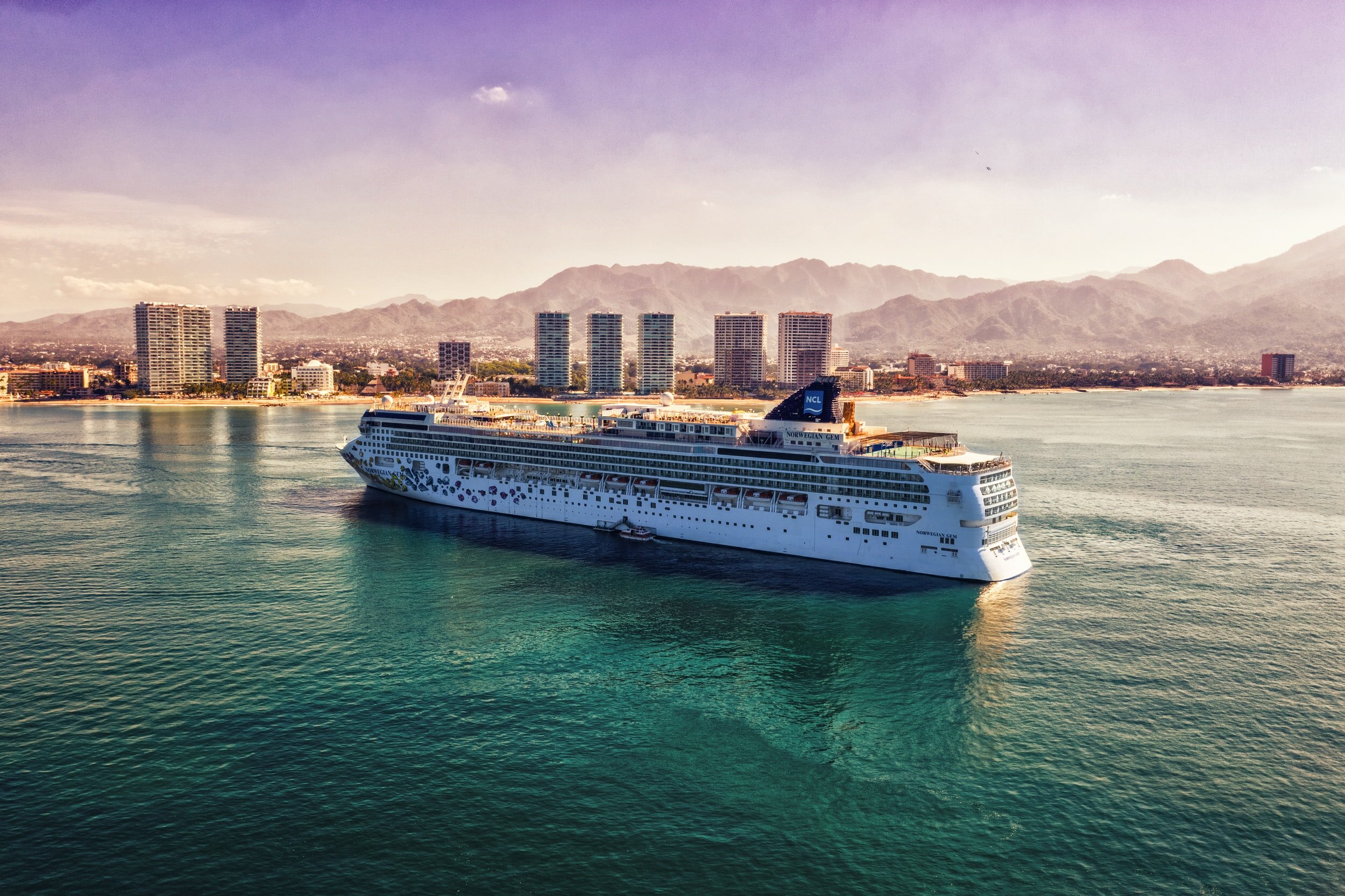
Case Summaries
London Arbitration 22/17
“An amended Asbatankvoy relieved Charterers from "all liability in respect of any claims....unless such claim has been presented to Charterers in writing with supporting documents within 30 days from completion of discharge...". NORs from load ports had been provided after loading; Owners' demurrage claim and other supporting documents followed later, within the deadline. Cumulatively the material was sufficient to support the claim. The Tribunal held that the Clause did not require simultaneous submission of claim and supporting material, thus rejecting Charterers' time-bar defence.”
London Arbitration 21/17
“Following the conclusion of a Shelltime 4 charter for 12 months at USD70,000 per day, the freight market collapsed (tonnage scarcity ending with the announcement of the lifting of Iran sanctions). Charterers struggled to find profitable employment for the vessel, failed to pay hire and after 3 months sought 'cancellation' requesting Owners to find substitute employment. The Tribunal agreed that Owners rightfully accepted Charterers' conduct as a repudiatory breach terminating the Charter and awarded as damages the difference between Owners' earnings had the charter run for its full term, with bunkers paid for, and their actual sporadic earnings in that period on the spot market. The post-contract lifting of sanctions had no bearing on damages, and there was no 'accelerated receipt' of funds meriting any discount.”
Dainford Navigation Inc. v PDVSA Petroleo SA "Moscow Stars" [2017]
“Time Charterers, the Venezuelan state-owned PDVSA, ordered the vessel to load their crude oil cargo in Venezuela for delivery in the Bahamas (although subsequently vessel and cargo diverted to Curacao). As a consequence of Charterers' failures to pay hire in full, Owners notified the exercise of their charterparty lien over the cargo, commenced London arbitration and sought an order from the High Court for sale of the cargo pursuant to s.44 (2) (d) of the Arbitration Act. In granting the order, the Court found that there was the necessary nexus between cargo and proceedings (namely the exercise of a contractual lien over the defendants' cargo in order to secure the claim in arbitration). The Court made no finding as to what the position would be had the cargo been owned by a third party. It is also significant that the order was to take effect in a Dutch overseas territory, giving Owners access to EU judgment enforcement.”
Knight, R (on the application of) v Secretary of State for Transport & Ors [2017]
“A diver who, in the period 2007 — 2011, had recovered items of value from various wrecks up to 200 years old, claimed salvage reward; the diver had not given timely notice to the Receiver of Wreck, who subsequently declined to make any award of salvage. The diver sought judicial review of that decision, in 2016. The Court found that the diver's claims were time barred, as the relevant salvage operations had terminated by 2012 so the 2 year time bar under the Merchant Shipping Act had expired in 2014.”
Mediterranean Shipping Company v Sotramon Limited [2017]
“By a WI dated 4 August 1999 MSC contracted with Sotramon for the carriage of a crane from Port Louis to Felixtowe. The bill contained an English law/ High Court in London jurisdiction clause and a limitation on MSC's liability. On outturn, part of the crane was said to be missing therefore in 2000 Sotramon commenced proceedings in Mauritius, based on tort, claiming damages for the missing part and some additional liabilities incurred. Those proceedings underwent various challenges, MSC contending that the claim should have been pursued in contract not tort, and in London, with the Mauritian court of appeal agreeing in 2013. The matter eventually came before the UK Privy Council who upheld the first instance judgment in Mauritius, namely that Sotramon was at liberty to pursue its tortious claim there. Presumably the matter will now proceed there, nearly 20 years after events.”
London Arbitration 20/17
“A time charter provided for a period of "minimum 4/maximum 6 months". Charterers, who wished to redeliver later, relied on the fixture recap which had specified a pro forma fixture "amended logically as per these main terms"; the pro forma had been for "a period of 6 months....always 15 days more or less in charterers' option." The Tribunal held that "minimum 4/maximum 6 months" was a main term and thus replaced the duration provision in the pro forma in its entirety.”